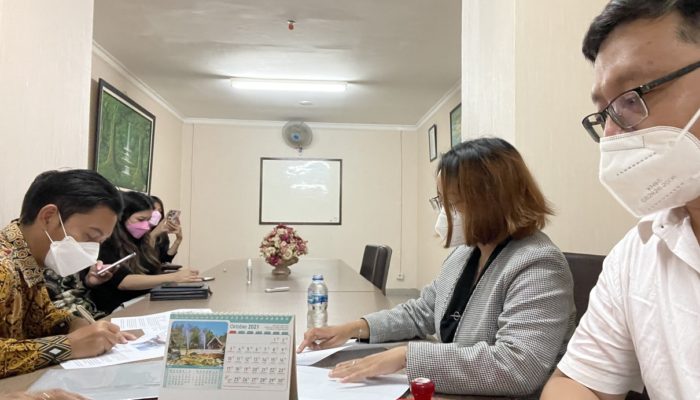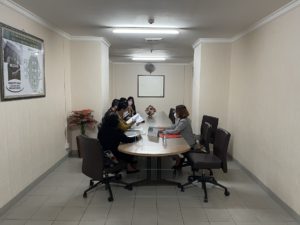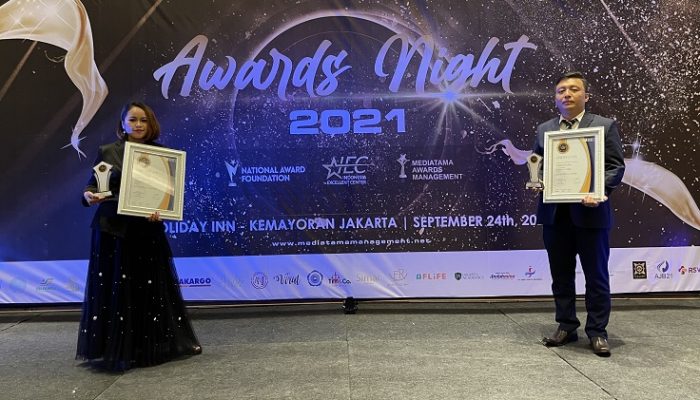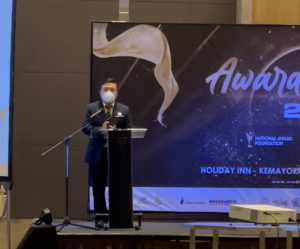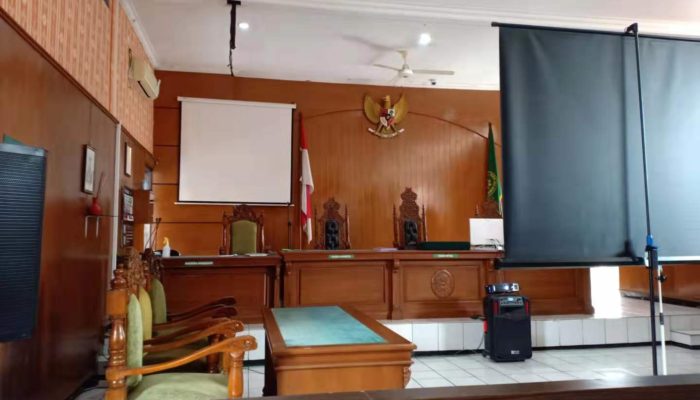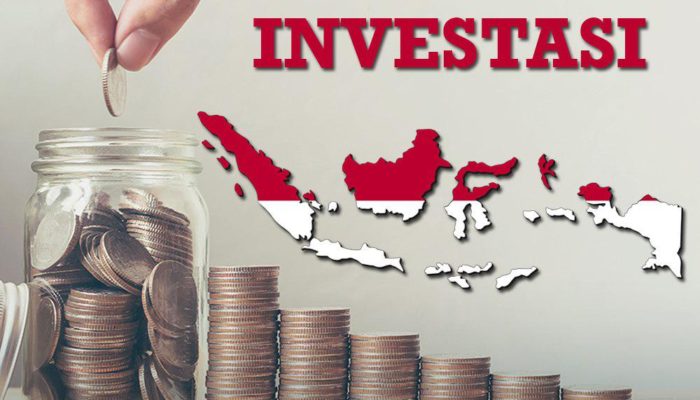The rapid development of Indonesia’s economy has attracted a large number of foreign investors to set up companies in Indonesia. Investors often cannot distinguish the difference between registered capital, issued capital, and paid-in capital. Queen Law Firm will explain this issue to the majority of foreign investors today.
In Indonesia’s regulations on company establishment, capital is divided into three types, namely, Authorized Capital (modal dasar), Issued Capital (modal ditempatkan), and Paid-Up Capital (modal disetor).
Authorized Capital is the entire nominal value of the company’s shares mentioned in the Articles of Association or the Deed of Establishment document. Authorized Capital in principle is the total number of shares that can be issued by the company.
Issued Capital is the number of shares that have been taken by the founders or shareholders. In other words, Issued Capital is the capital that the founders or shareholders are able to repay. So it is possible for the capital that has been written in the Deed of Establishment document indirectly and in the near future, it is agreed to be provided by the owners of capital. In other words, the company’s finances that initially had 0 or nothing would get a capital injection, but some were immediately available and some were still promised to be available.
Paid-up Capital is capital that has been entered by the shareholders as payment for shares taken from the issued capital. So, Paid-up Capital is capital that has actually been paid into the company. If the capital value has been given from the owner of the capital to the company, then the value becomes the property of the company and is recorded in the company’s books. In other words, the company gets fresh money from the owners of capital. The amount of Issued Capital that has not been paid up can be recorded as a liability/debt of the owner of the capital to the company.
Simply put, the difference between Issued Capital and Paid-up Capital is that when the owner of the capital has agreed to provide capital of IDR 500 million in the form of money or goods, the capital is referred to as Issued Capital. If the capital has not been provided, it will be considered a debt. When he has given the Rp 500 million, then the debt is considered paid off and is referred to as Paid-up Capital.
According to the “Indonesia Company Law”, the company must have issued and paid at least 25% of the registered capital when it is established. For example, for a foreign company, the registered capital is at least IDR 10 billion, so the company’s establishment contract must state that the registered capital is IDR 10 billion. According to the law, at least 25% of IDR 10 billion, or IDR 2.5 billion of issued capital, must be injected and deposited when the company is established. This amount is the minimum amount, so if you want to deposit more than IDR 2.5 billion, of course, you can.


